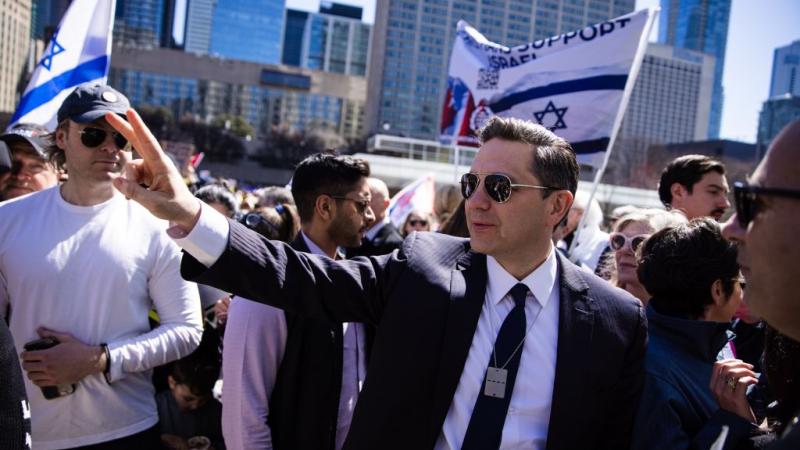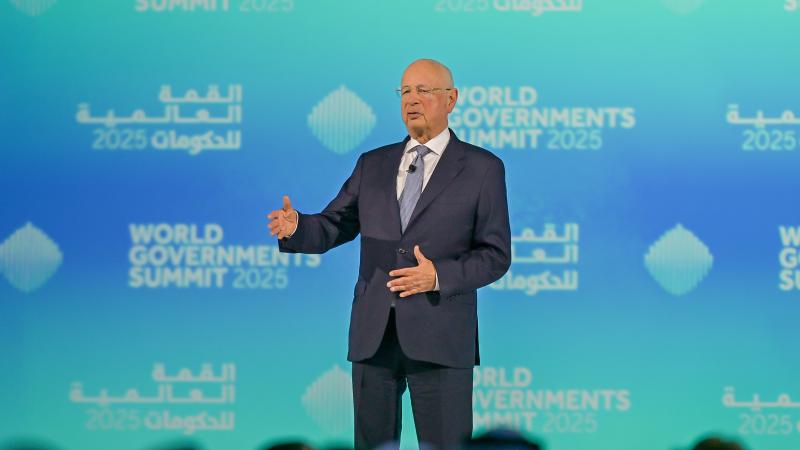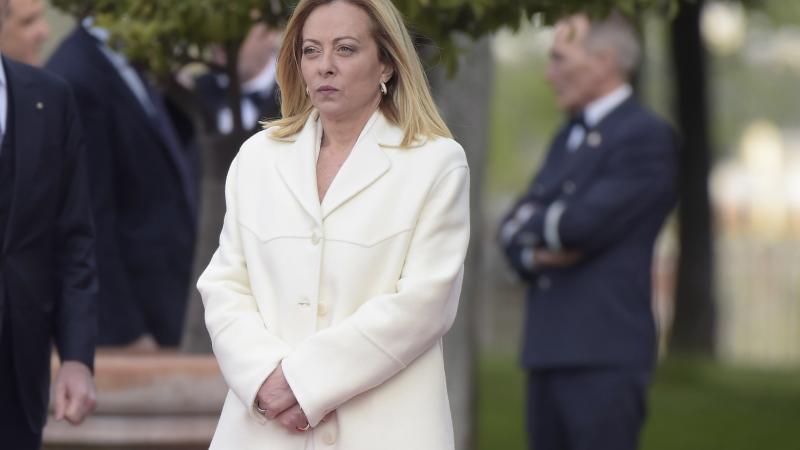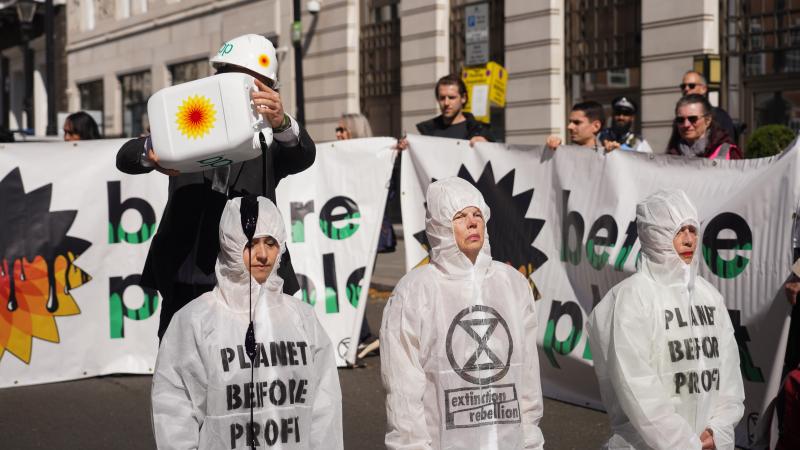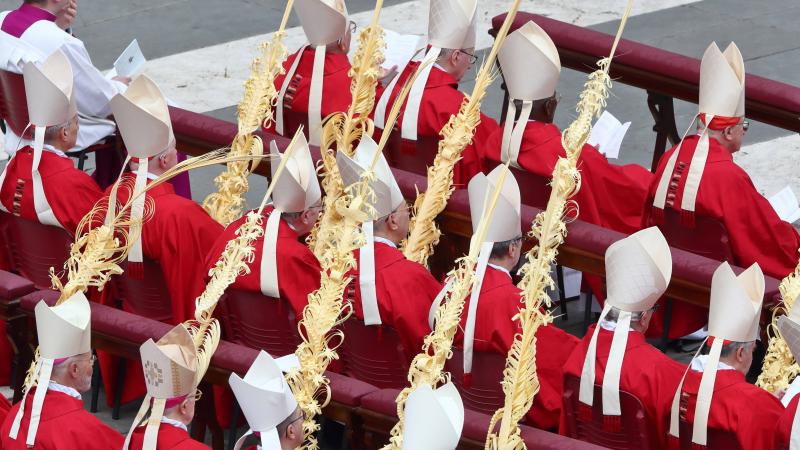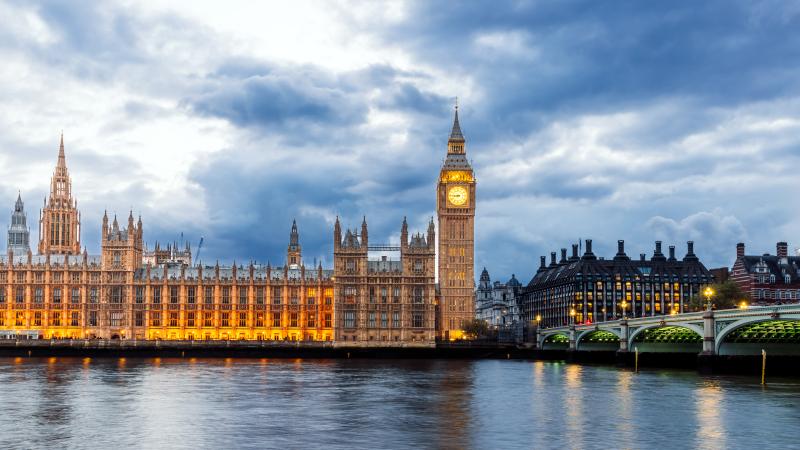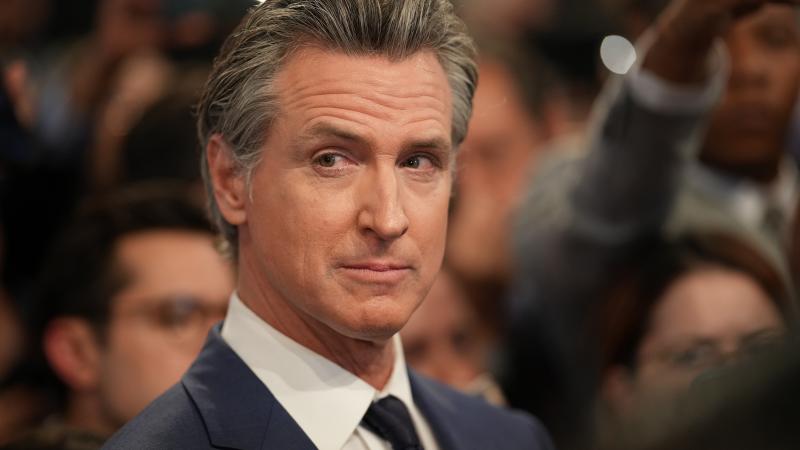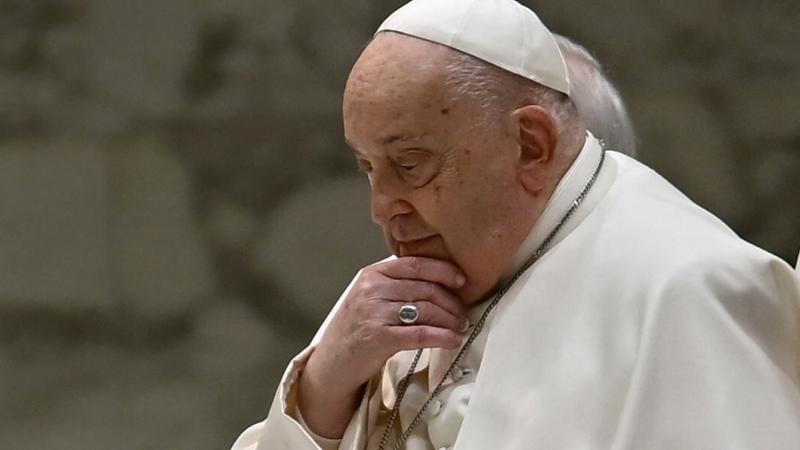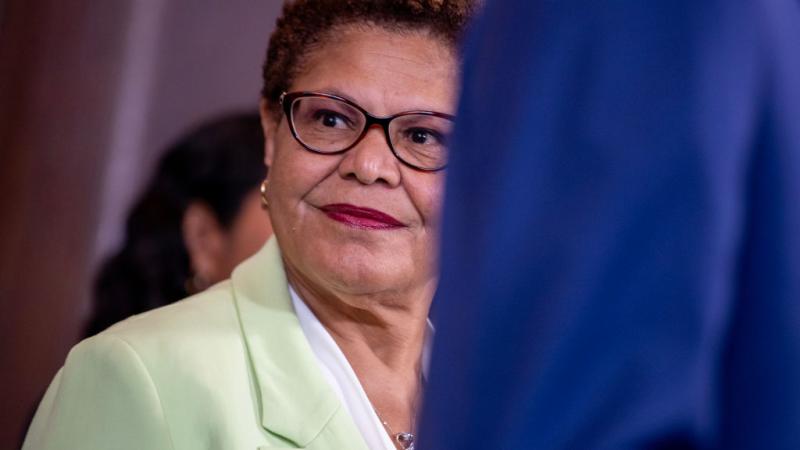On political life-support, UK PM seizes media spotlight, showcases domestic, world leadership
With fateful Party-gate report due, will lifting COVID restrictions in U.K., slapping sanctions of Russia be enough to keep Boris Johnson in 10 Downing Street?
Just as Boris Johnson seemed to face imminent political ruin due to revelations he may have broken his own COVID rules, the British prime minister seized the media spotlight with a series of bold policy moves on COVID and Russia that accentuated his public leadership rather than his personal foibles.
But will these be enough to keep him in 10 Downing Street?
While the British leader is by no means out of danger, he has at least managed to change the conversation and bought himself a respite, however fleeting it may turn out to be.
Johnson was already facing a tough week with the expected release of the Party-gate report into potential violations of COVID rules on government property. Many MPs were awaiting the outcome of this before making a decision on the prime minister's future.
But on Tuesday, things got even more serious when the Metropolitan Police Service announced it has opened an investigation into certain events at Downing Street and Whitehall for potential breaches of COVID restrictions. Johnson says he welcomes the investigation, as it will help "draw a line under matters."
Last week, Johnson was forced to offer his "heartfelt apologies" for attending a drinks event in the gardens of Downing Street on May 20, 2020, at Prime Minister's Questions Time (PMQs) in the House of Commons.
Johnson defended his actions by saying he thought it was a work event and not a party, and so within the government's rules. But many of his fellow Conservative MPs disagreed. One well-respected former cabinet minister, David Davis, borrowed a line from Oliver Cromwell to tell him, "You have sat there too long for all the good you have done — in the name of God go."
Johnson's response, however, was robust. He announced dramatic reductions to COVID restrictions due to falling case numbers and deaths, which put the U.K. at odds with world consensus but turned the previous jeers from his fellow MPs into welcome cheers.
He told the House that people will no longer have to work from home and face masks would no longer be required in school classrooms. He added that this will apply everywhere else from Jan. 27 and COVID passes will no longer be needed at large events.
People who test positive for Covid will still have to self-isolate for now, but he told MPs that he aims to let the regulations lapse when they end on March 24, and to act even sooner if possible. "We must learn to live with Covid in the same way we live with flu," he declared.
Johnson's policy change had been anticipated, with the World Health Organization already briefing against the U.K. moving too quickly, but it was received very well around the world, with Ireland quickly following suit, although face masks will still be required there in public spaces.
In another bold move over the weekend, the U.K. announced economic sanctions on Russia as a deterrent to its feared invasion of the Ukraine.
"The intelligence is very clear that there are 60 Russian battle groups on the borders of Ukraine," the prime minister said. Noting that the "plan for a lightning war that could take out Kyiv is one that everybody can see," he said, "We need to make it very clear to the Kremlin, to Russia, that that would be a disastrous step."
In an unprecedented step, the U.K. Foreign Office also named a former Ukrainian MP, Yevhen Murayev, as the person Moscow plans to install in Kyiv to head a pro-Russian administration after toppling the Ukrainian government.
Murayev called the allegations of his involvement "stupid," as he claims in 2018 he was put on Russian sanctions.
The BBC reports that Downing Street has no plans to send British combat troops to defend Ukraine. Instead, the prime minister's official spokesman stated, "There will be significant economic measures put in place."
Taking strong decisions on two of the most crucial world issues — COVID and Russia — demonstrates that, at least in his own mind, Johnson is not going anywhere. Of course, he wouldn't be the first beleaguered politician to reach for a lifeline through acts of statesmanship on the world stage. Richard NIxon, for example, famously visited 10 foreign countries in the months before he was forced from office by the Watergate scandal.
A twenty-five-minute appearance at a garden event in Downing Street hardly compares to Watergate but could prove equally damaging for Johnson. Particularly as the drinks event took place in the gardens of Downing Street just one hour after cabinet minister Oliver Dowden announced strict new social distancing laws for the British public. He had just told a press conference: "You can meet one person outside your household in an outdoor, public place, provided that you stay two metres apart."
In addition, Mr. Johnson's former aide, Dominic Cummings, accuses him of lying about not knowing the true nature of the event. He claims the PM was warned against attending the "bring-your-own-booze" garden party and he "would swear under oath this is what happened."
The Metropolitan Police had previously stated that it has not been their practice to investigate violations of COVID regulations "long after they are said to have taken place," with the caveat that if criminality has taken place they would reconsider.
Potentially embarrassing for the police is that its officers would have been on guard duty at the alleged events and yet appear not to have intervened. Jolyon Maugham, director of the Good Law Project, has said: "You can have the rule of law, or you can defer to the powerful. But you can't have both."

